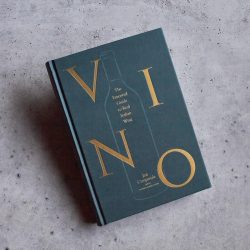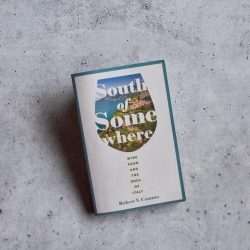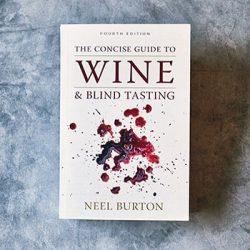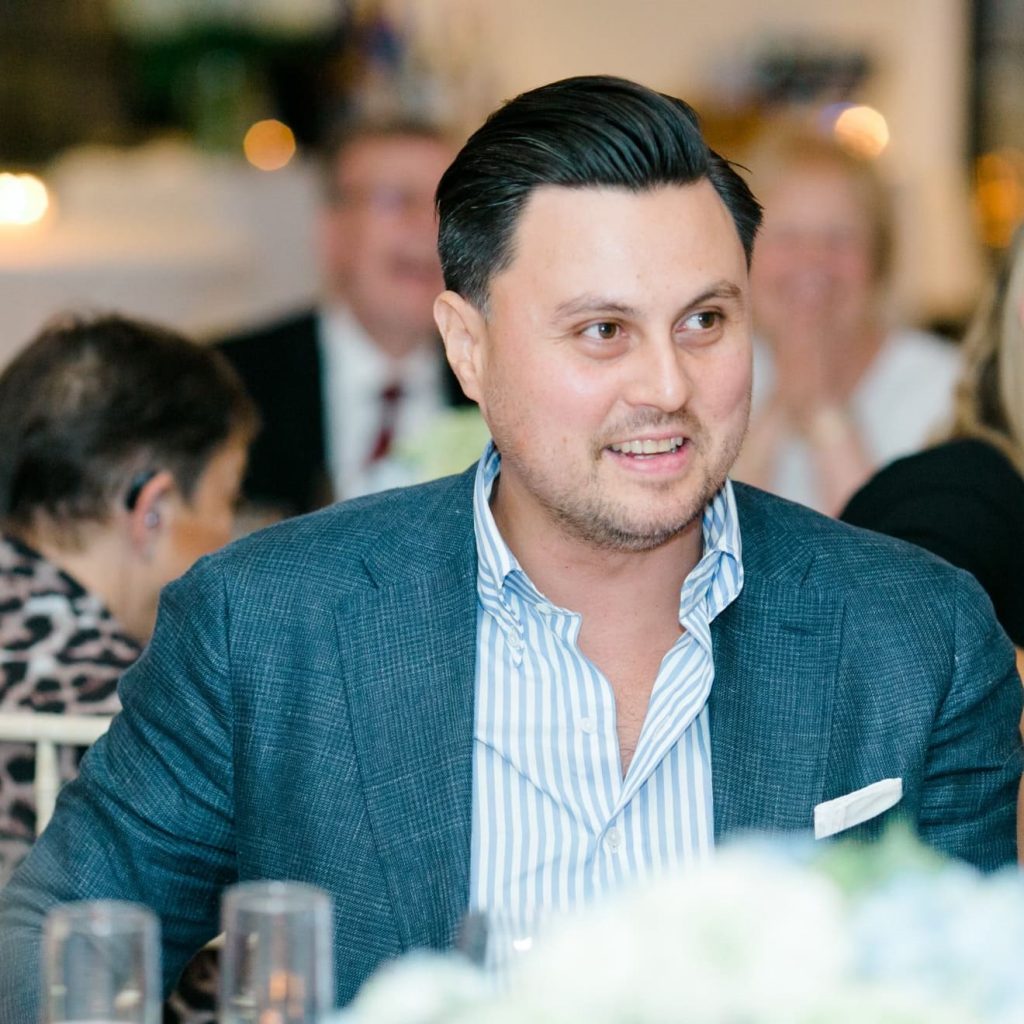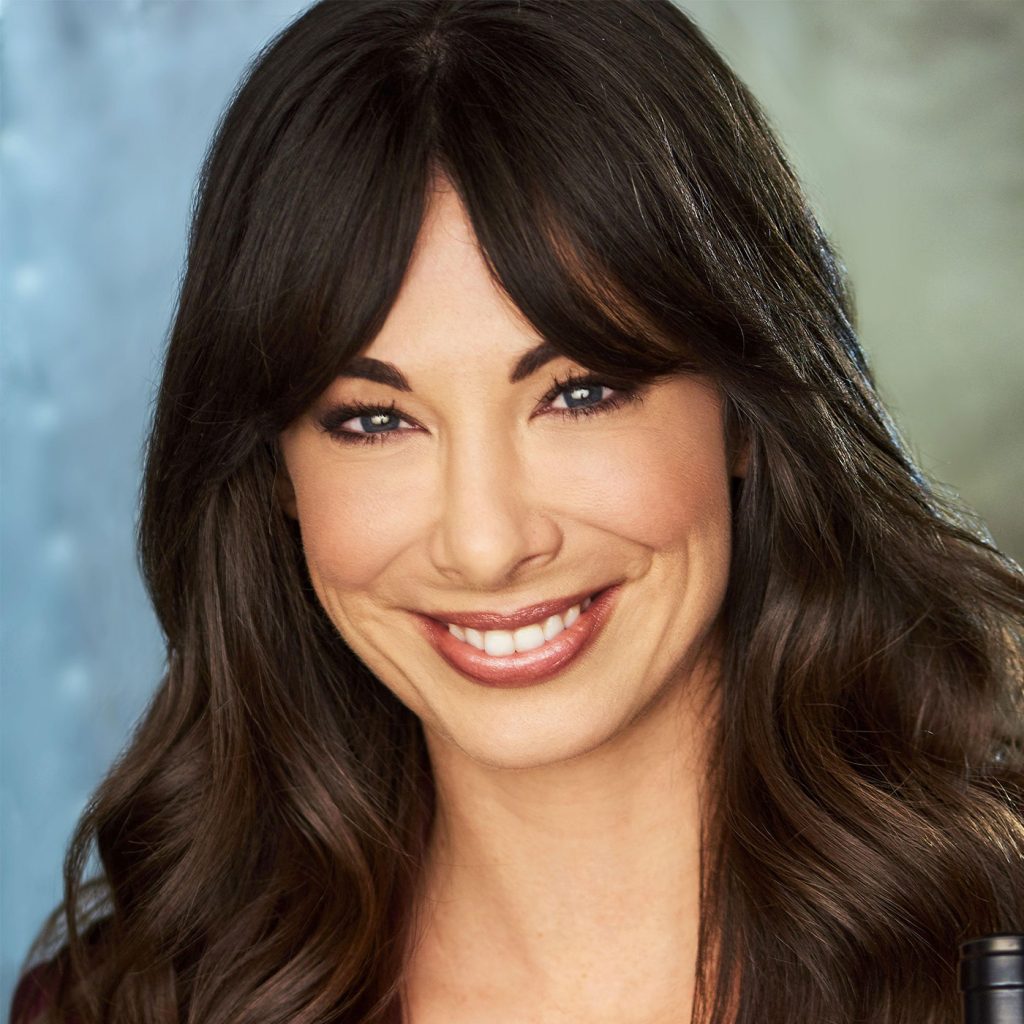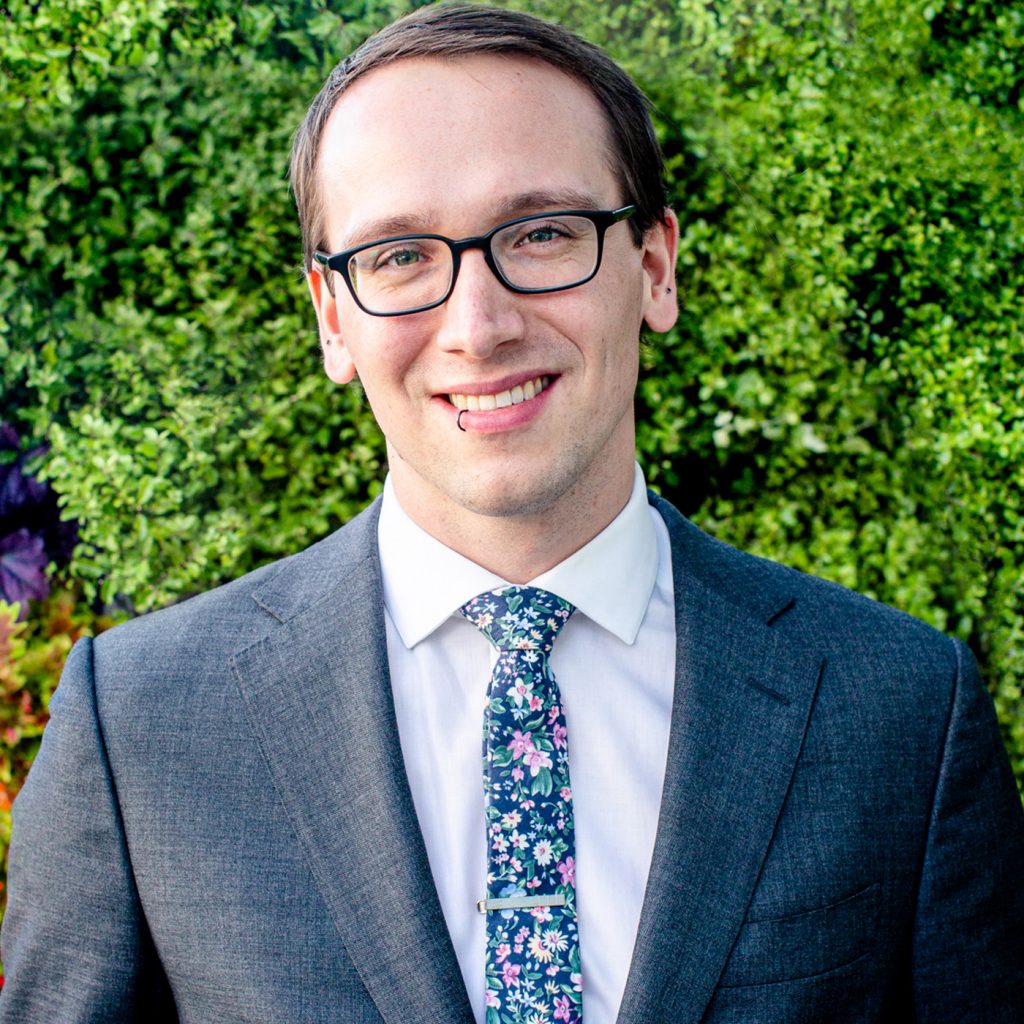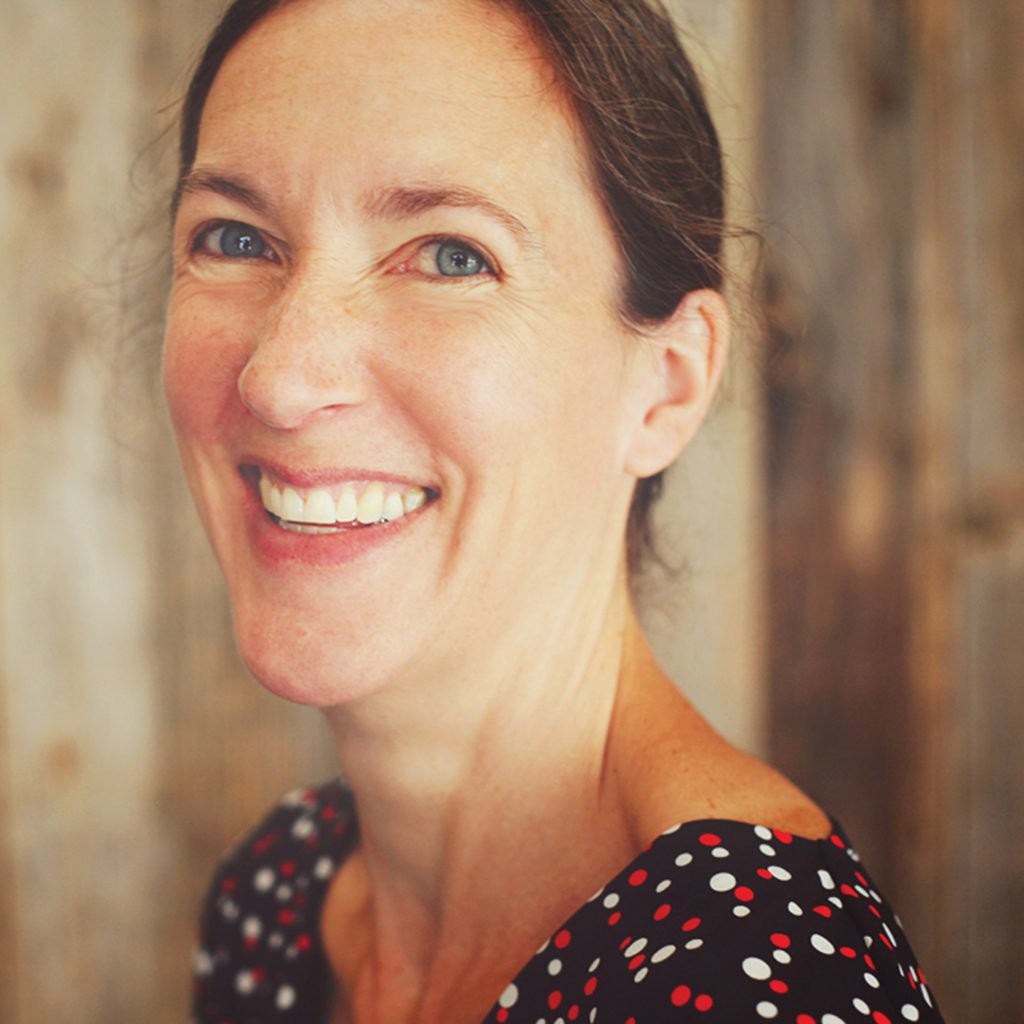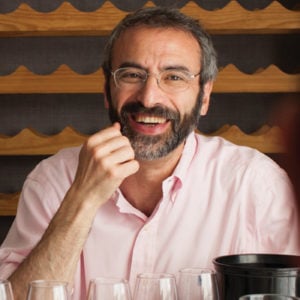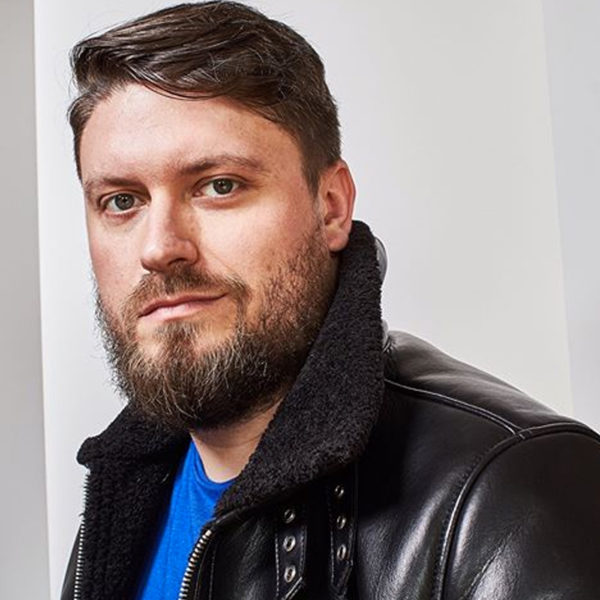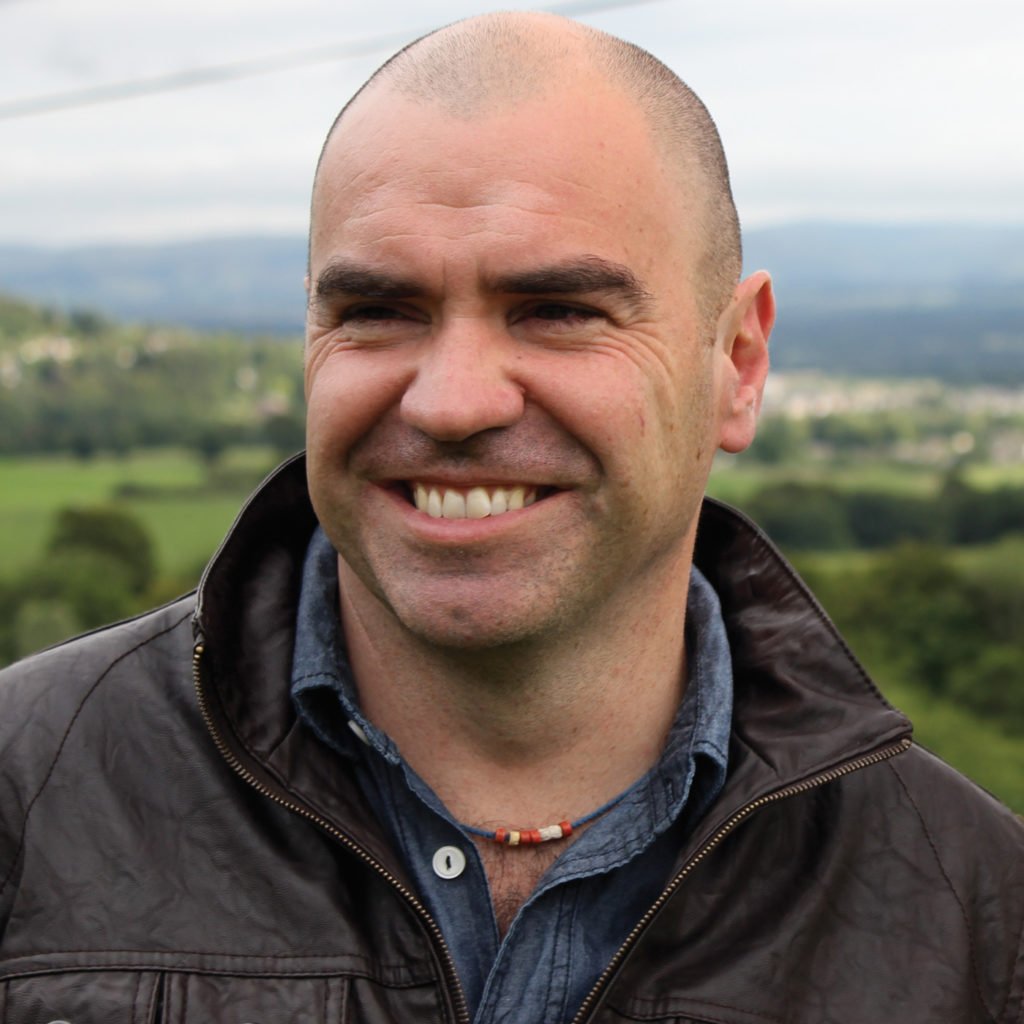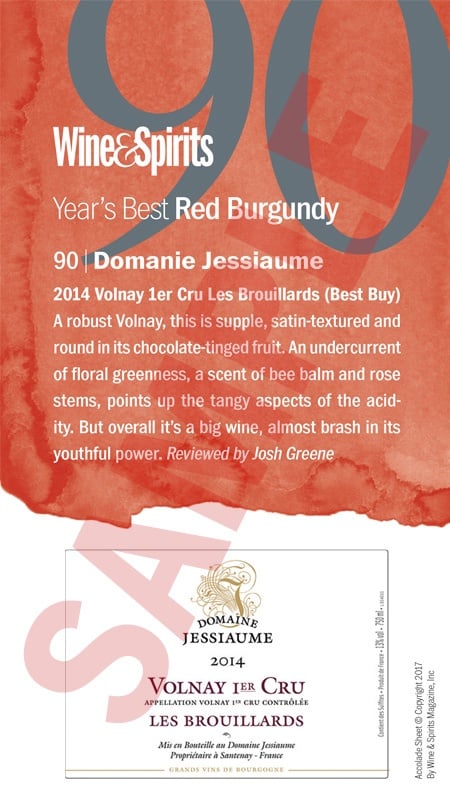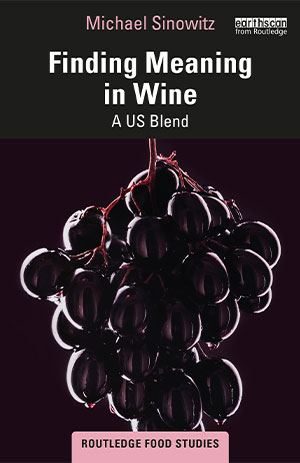

The most interesting and challenging aspect of Michael Sinowitz’s new book, Finding Meaning in Wine, is his argument that our worldview—our personal set of beliefs—often shapes our approach to wine, as growers, makers, journalists or drinkers.
In six essays, he considers America’s wine culture from a range of perspectives, using tools from his own discipline—the study of literature. Those tools lead him to draw parallels between literary criticism and wine criticism, or to wonder at the rhetoric of winemakers who proudly claim, “I do as little as possible” (in most lines of work, the statement would earn you a pink slip). For Sinowitz, a professor in the English department at Indiana’s DePauw University, examining how the wine community uses language is a natural reflex. He points out how simple, seemingly innocuous words, such as “balance” or “natural” have become cudgels in the recent battles he observes in the wine industry. And a seemingly basic question—“Are winemakers artists?”—provokes starkly visceral reactions from those whom he asks.
Sinowitz considers the parallels between literary criticism and wine criticism—one involving the interpretation of texts, the other the interpretation of wine. Both have disparate camps that find little to agree on about their approach. He also considers the belief systems of the people making or writing about wine, people who consider it more than just a casual option to beer or a cocktail. Is wine a form of artistic expression that warrants the attention of all these critics?
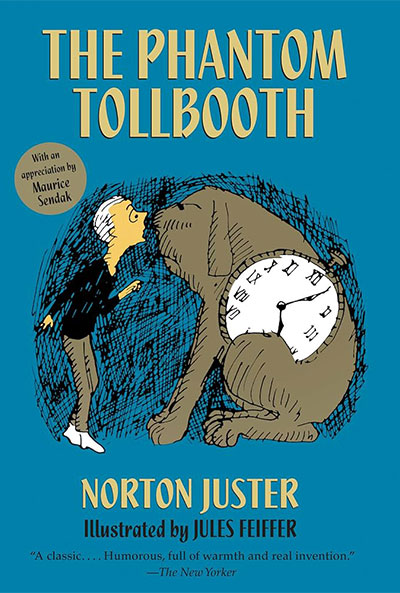

Early in the book, Sinowitz cites The Phantom Tollbooth and its account of balancing the use of words and numbers “as tools for understanding the world.” The same cultural dialectic that separates “Rhyme and Reason” in the children’s book informs many of Sinowitz’s discussions with winemakers. He undertakes a kind of personal quest to find a winemaker willing to consider that they may be engaged in an artistic endeavor. For most everyone he interviewed, creativity takes on the negative association of artifice. Craft, backed up by science, seems to be their preferred narrative.
Abe Schoener says that learning to make wine was largely a physical challenge: “I didn’t come in with the physical skills, I didn’t know how to run the equipment…it was never fucking artistry, it was like, move the wine from here to there, and put a minimum amount on the floor.” Sinowitz recalls Matthew Rorick of Forlorn Hope describing to him “how much importance simply cleaning the barrels properly held in the winemaking process.” And Chris Brockway tells the author that “considering himself an artist would be a kind of barrier put up between what he thought he was doing and the actual, mechanical work he needed,” including just mopping the floor.
“I didn’t know how to run the equipment…it was never fucking artistry, it was like, move the wine from here to there, and put a minimum amount on the floor.” —Abe Schoener
Though reluctant to describe himself an artist, Nathan Roberts of Arnot-Roberts reportedly considered the question with more depth than most, acknowledging that “your voice does come through a lot…you can do as little as possible, but our wines taste different from someone else’s who thinks they’re doing hands-off winemaking.” Cathy Corison, whose wines “fell out of fashion at the height of what Jon Bonné has called ‘Big Flavor,’” had a different perspective on the question. Having held fast to her beliefs of what her wines should be, she makes wines that are, today, widely praised. In conversation with Corison, Sinowitz reports, “as we tried to make sense of how the choice to make her cabernet in a style she felt it should be made in could be seen as a moral or ethical duty, it became clear that it had to do with her conception of herself as an artist. That what would be betrayed…would be her own artistic vision to which she felt she had a moral obligation to be true.”
For his essay on the phenomenon of “natural wine,” he speaks with some winemakers whose taste memories compartmentalize many of these wines as a collection of flaws. Others might associate them with the scent of the Paris Métro in a positive way; and still others seem to consider their ideology at least as important as their sense of taste. Ideology, expressed in manifestos, also enters into his essay on the cultural battles spurred by In Pursuit of Balance, a group founded by Jasmine Hirsch and Rajat Parr, producers of pinot noir and chardonnay in California.
It’s clear to most observers that wine is tribal—and Sinowitz speaks with leaders of various tribes, including those seeking hedonistic pleasure, scientific understanding, emotional connection or simply a commercially successful product. What Sinowitz’s observations bring to light is how wine is also political. Could the culture wars in wine, as hard-fought as the culture wars in academia, provide insight into how we might bridge the divides in the culture wars that have left democracy in shreds? How we talk about wine may give us insight into our motivations in what we choose to drink. The more we understand those motivations, the more we might be able to relate to how others build their own systems of belief.
Finding Meaning in Wine: A US Blend, by Michael Sinowitz, (2024) Taylor & Francis (Routledge Food Studies), 192 pages, $48.95
To read Joshua Greene’s interview with Sinowitz, click here.
Joshua Greene is the editor and publisher of Wine & Spirits magazine.
This story appears in the print issue of Winter 2023.
Like what you read? Subscribe today.


